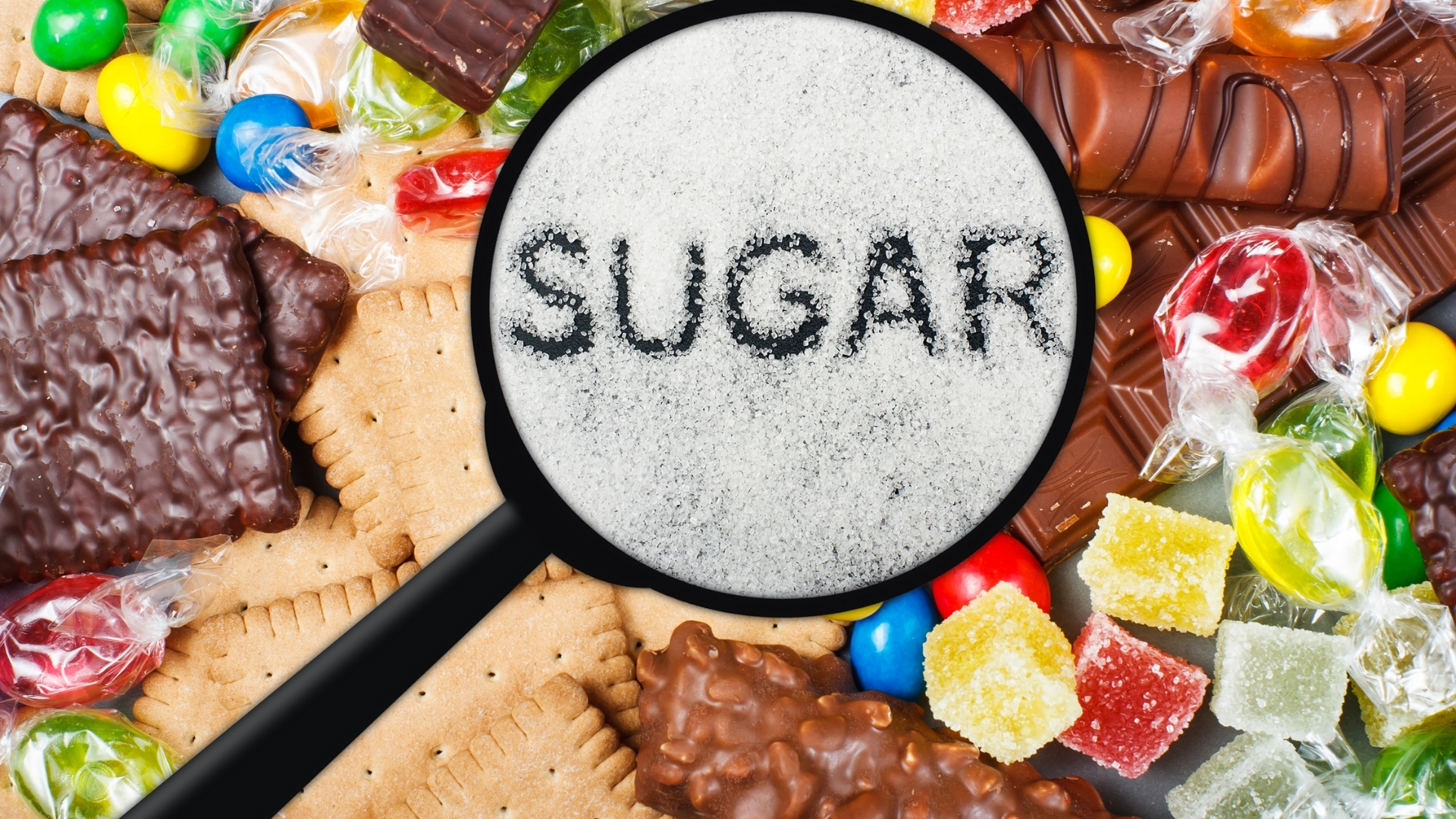
Discover how sugar affects your body, energy levels, and long-term health. Learn the truth about added sugars and tips for healthier choices in this simplified guide. In this article, we'll explore the basics of sugar, its impact on health, and practical tips for reducing sugar consumption. Whether you're trying to cut back or simply curious about the science behind sugar, this guide aims to provide a clear and concise overview to help you make informed choices.
Table of Contents
Blood Sugar Levels:
When you consume sugary foods or beverages, your blood sugar levels can spike rapidly. This prompts the pancreas to release insulin, a hormone that helps cells take in glucose for energy. Over time, consistently high sugar intake may contribute to insulin resistance, a precursor to type 2 diabetes.
Weight Gain:
High-sugar diets are often associated with weight gain. Sugary foods and drinks are typically high in calories and low in nutritional value. Consuming more calories than the body needs can lead to weight gain and an increased risk of obesity.
Energy Levels and Crashes:
While sugar provides a quick energy boost, it is often followed by a crash in energy levels. The rapid rise and fall of blood sugar levels can leave you feeling fatigued and craving more sugar to regain Health.
Increased Risk of Type 2 Diabetes:
A diet high in added sugars has been linked to an increased risk of developing type 2 diabetes. Excessive sugar intake can contribute to insulin resistance, where the body's cells become less responsive to insulin.
Heart Health:
High sugar consumption may contribute to heart disease by increasing the risk factors associated with it, Health such as obesity, high blood pressure, and high triglyceride levels.
Quick Energy Source:
Sugars, particularly glucose, serve as a primary and quick energy source for the body. They are rapidly absorbed into the blood stream and provide a burst of energy, making them beneficial for activities that require immediate fuel.
Brain Function:
The brain relies on glucose for energy. Consuming moderate amounts of sugar can help maintain cognitive function and support mental alertness. However, it's crucial to balance sugar intake to avoid energy crashes.
Sports Performance:
Athletes often use sugary sources, such as sports drinks or energy gels, to provide a quick energy boost during intense physical activities. This can help delay fatigue and improve performance during prolonged exercise.
While sugar is an essential part of our diet, too much of it can lead to serious health consequences, including insulin resistance, obesity, and heart disease. By being mindful of your sugar consumption and making healthier choices, you can improve your overall health and enjoy balanced energy levels.




Leave a Reply
You must be logged in to post a comment.